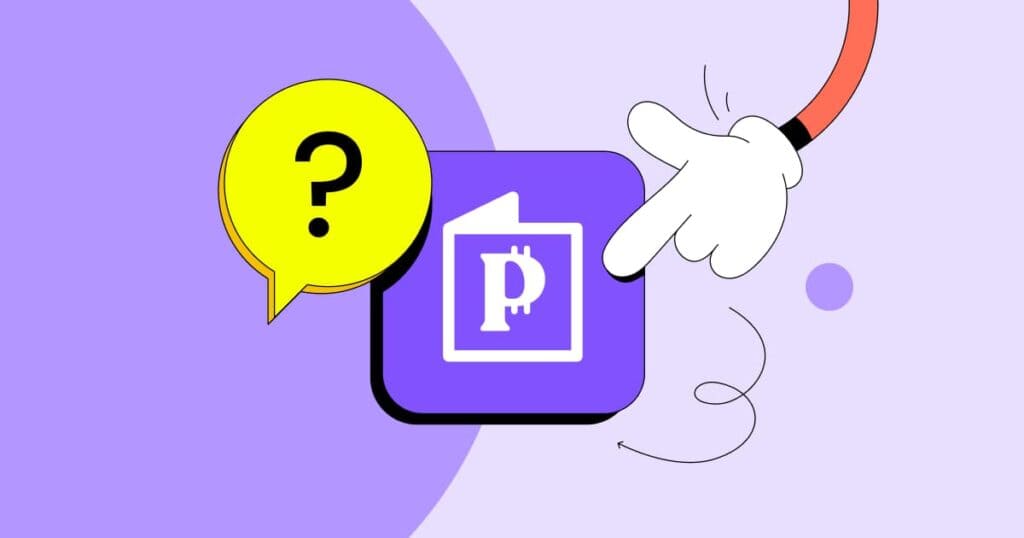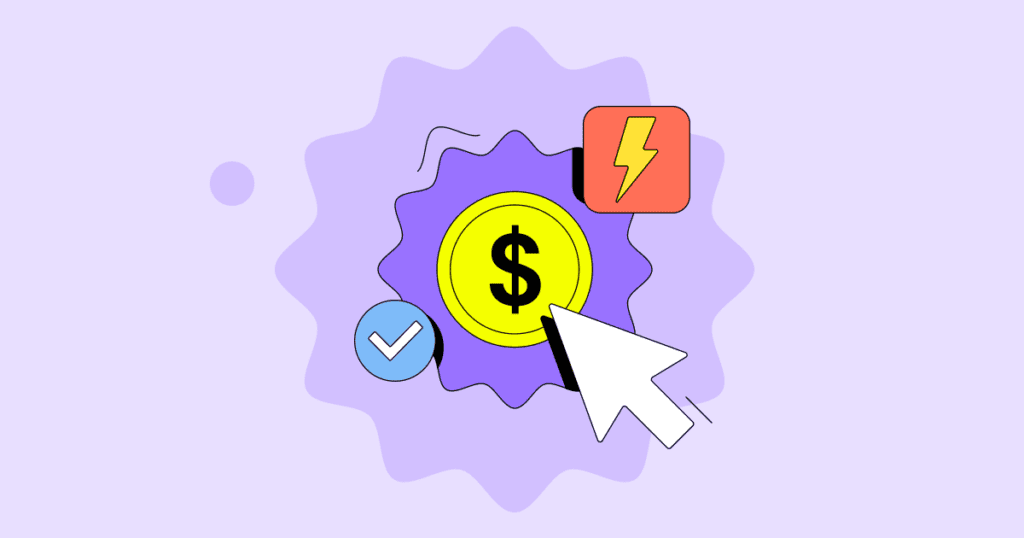Living from paycheck to paycheck, seeing the lifestyle of your dreams fading away into the emptiness of your pockets, doesn’t sound very nice. Nevertheless, it’s what the inflation of the post-COVID era has brought upon many of us. This makes developing solid saving habits vital.
Being better at saving means you must implement some changes to your life. It also means that you must understand how your relationship with money could improve. Financial planning must become part of your daily mantra! Let’s see how the following ten tips can help you do that this year.
1. Save Money and Focus on Your Debts
Thinking that saving money on a tight budget means you must stop buying things you enjoy is a fallacy that can make you financially anxious. Like everything else in life, allowing yourself to pursue sweet temptations is possible with some planning! But here’s the harsh truth about low-key splurging: you must first pay yourself and get rid of debts before you can afford it.
When you have a lot of expenses to focus on, you can’t just be like, ‘Carpe diem!’ You can’t just let your future simply unfold before you while battling expenses! Similarly, overlooked past debts will bite you in the buttocks sooner or later, which makes debt management super important. Therefore, reevaluate your budget, start saving, and think about how you can take care of some debts before malling!
2. Do Some Budgeting
If you want to become financially savvy, you have to start budgeting. This will help you avoid practices that could trigger the overspender in you, and we all know how much effort taming that side of us takes. Still, you must at least try to set some boundaries for your inner overspender. Setting a spending limit for groceries and tracking your finances can help you with that.
Luckily, the worldwide community of folks struggling with splashing out has come up with excellent ideas about budgeting money. For instance, you can combat excessive spending by using budgeting apps or giving a few cash-saving challenges a try. Ultimately, you’ll benefit the most from habits and practices that fit your lifestyle and are aligned with your financial vision.
3. Don’t Invest Before You Know How to Do It
Investing has been one of the main topics of discussion among financially-savvy individuals for a long time now. And while allocating money for future goals could give you the financial freedom you’re craving, it can also leave you on the breadline. Being an inexperienced investor or someone who doesn’t know how to invest properly will make your wallet a little too flat.
To prevent your banknotes from vanishing into thin air, educate yourself about what it takes to be a good investor. Also, before you try a hand at investing, spend a reasonable amount of time evaluating your budget! This will help you develop a sound investing strategy, whether you’re interested in investing in crypto or committing to longer-term investments.
4. Become Financially Literate
Your financial ark might withstand the waves of an occasional splurging or two. However, it can get overflooded by your lack of understanding of how money works. If you’re serious about becoming financially savvy, you must invest in your financial literacy. Otherwise, you’ll develop lousy saving habits that will end up sabotaging your efforts for a better life.
When striving for a better living standard, you must focus on absorbing money-related knowledge with all your senses. Read valuable books, watch inspirational videos, and listen to eye-opening podcasts! The more you learn about finances, the better you’ll become at reinventing your financial presence and future. And if you have an acquaintance who knows a lot about money, don’t hesitate to offer them your friendship!
5. Save for Emergencies
Murphy’s law aside, emergencies are a part of life just like money is. That said, depositing into an emergency fund is not just something to consider but a thing you must do. In fact, you should make adding to it a routine! The more cash you set aside for this purpose, the safer your and the future of your loved ones will be.
According to experts, having life insurance that covers a decade of expenses is what everyone should aim for. Such insurance can help with your education costs and any debts that may be left unsettled in case something unexpected happens. Life can be unpredictable, so planning for costly emergencies that might arise out of the blue is essential.
6. Get What You Need to Buy What You Want
Although buying stuff you like is okay, too much unnecessary splurging is not. Therefore, taking some time to think before you purchase that Leonardo Da Vinci painting you swear you’ll live to pay off is a must! Getting what you need is often the priority, so you might have to practice mindful spending and leave the shop-a-holism for when you’re wealthier.
However, we understand that everyone needs to pamper themselves occasionally; we’re humans, and that’s normal. Secondhand thingies are a fantastic alternative to items that could break the bank in times like these! We know that all those brand-new Nike shoes look amazing, but the ones lurking out of that local thrift shop are way more affordable. Therefore, evaluate your options wisely.
7. Make a List of Financial Goals
A list of financial goals can help you set precise objectives that you must achieve to improve your financial situation. Therefore, instead of going through hundreds of vague plans in the back of your head, take your time and write down how you want to help your financial well-being. Visual learners and those into small tasks might find this list very handy.
Now, you most likely know the dos and don’ts of your financial adventure – we get that. However, giving each step of your strategy some thought is essential. Once you put everything on a piece of paper, you start to realize what works and what doesn’t. Understanding this is rather hard when the financial plans you’re working on are but specks of your occasional tertiary thoughts.
8. Find Time for Your Finances
Spending some time each week to think about your finances is necessary to improve your financial discipline. Let’s say you sit down to do some budgeting each Tuesday (or Friday, if you have everything against weekends). What will happen is you’ll figure out which of your most recent financial choices were good and which were plain lousy!
An hour or two of pondering on the status of your leftover money can be pretty practical. You get to calculate how much cash went to the past week’s expenses and how much of your money can go to your savings account. You also set aside enough resources for emergencies. This helps you comprehend what practices you should and shouldn’t avoid to achieve financial success sooner.
9. Improve Your Credit Score
The credit score on your card can either help you get the loan you need or make banks deny your application. It indicates your creditworthiness and ability to deal with everyday financial dilemmas successfully. That said, increasing it will help you enjoy the perks of higher insurance rates and lower finance charge costs, which is fantastic.
You must learn how to use your credit cards wisely, though – misusing them could deteriorate your financial stability. Therefore, start working on getting more disciplined about money today! Make it a habit to pay your bills on time, and, if possible, bill your fixed expenses to your card. Do this, and you’ll snatch a few rewards as you grow your score!
10. Factor In Your Retirement
Growing old is inevitable. Although we can reduce our wrinkles and dye our hair anything but gray, if we’re lucky, we will age. However, aging gracefully has much to do with retirement planning, among other things. Needless to say, preparing for the financial challenges of the distant future should start in your youth. Otherwise, you could spend your golden years cranky and tapping your cane to the sound of poverty.
If the place you work at offers a 401(k) plan, start making use of it. Do that, and a chunk of your paycheck will be added to this retirement account, which is actually an investment account. That way, you’ll be able to withdraw money from it and cover any expenses that might arise once you become older and wiser!
Use Pawns.app to Boost Your Overall Income
If you’d like to earn passive income and reinforce your saving habits even more, you could try installing the Pawns.app. This application lets you make money by sharing your unused bandwidth and completing online surveys. Creating an account on the platform is free, so you won’t spend a penny on using the app! Good luck becoming more financially savvy!
















